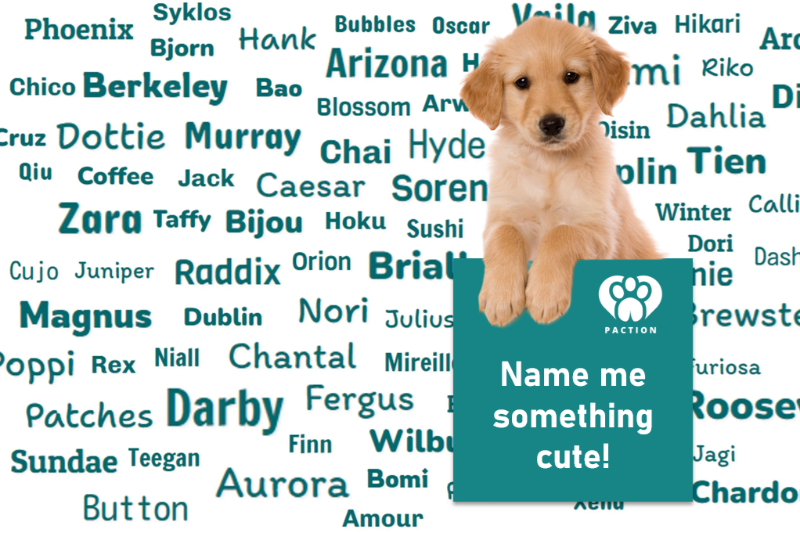Brittany Spaniel
Find Brittany Spaniel Breeders Near You
Connect with certified breeders who have Brittany Spaniel puppies available.
Find Brittany Spaniel BreedersGet to Know Brittany Spaniels
- They’re one of the few pointing breeds that also retrieve: Brittanys are uniquely versatile—they not only point game birds like setters but also retrieve them, making them highly valued by hunters
- They excel in a wide range of dog sports: Thanks to their intelligence, agility, and eagerness, Brittanys do well in obedience, agility, rally, and even dock diving and tracking competitions.
- They’re the smallest of the pointing breeds: Compact and agile, Brittanys are the lightest and most nimble of the pointing breeds, which helps them navigate dense brush and rugged terrain with ease.
- Their tails are naturally short or docked: Many Brittanys are born with naturally short tails, and those with longer tails are often docked to about 4 inches—a traditional field-dog trait.
- They thrive in active homes: Brittanys are not just hunting dogs—they make excellent family companions when given plenty of exercise and engagement. Their affectionate and social nature makes them great with kids and other pets.
Breed History
The Brittany originated in the Brittany region of northwestern France, where it was developed as a versatile bird dog in the 17th and 18th centuries. Believed to be descended from crosses between local spaniels and English setters, the Brittany was prized by hunters for its exceptional pointing and retrieving abilities, especially in rugged terrain. Unlike many hunting breeds, it could both point and retrieve game, making it highly efficient in the field. The breed gained popularity across Europe and was formally recognized in France in 1907. It was introduced to the United States in the 1930s, where its hunting talents quickly made it a favorite among upland bird hunters. In 1982, the American Kennel Club officially dropped "Spaniel" from the name, acknowledging the Brittany’s working style was more akin to a pointer than a traditional spaniel.
Personality and Behaviour
- Affectionate and People-Oriented: Brittanys are known for their strong bond with family and their affectionate nature. They thrive on companionship and often prefer to be close to their humans, making them excellent family pets
- High-Energy and Playful: True to their sporting heritage, Brittanys are extremely energetic and require lots of playtime and activity. They are happiest when they have a job to do or space to run, and can become restless if under-stimulated.
- Alert and Curious: Naturally curious and alert, Brittanys are keen observers of their surroundings. They enjoy exploring and are often on the lookout for interesting scents or movement, which makes them excellent field dogs but also means they benefit from secure fencing and supervision.
Care
- Grooming: Brittanys have a low-maintenance coat that requires weekly brushing to remove dirt and loose hair. They shed moderately and may need occasional trimming around the ears and feet, but overall grooming needs are minimal compared to many other breeds.
- Exercise Needs: This is a high-energy breed that requires at least 60–90 minutes of daily exercise. Brittanys love running, hiking, playing fetch, and participating in dog sports. Without sufficient physical and mental stimulation, they can become bored and destructive.
- Trainability: Brittanys are highly trainable and eager to please, responding well to positive reinforcement methods. They learn quickly but can be sensitive, so gentle, consistent training works best. Early socialization and obedience training help harness their enthusiasm into good behavior.
Brittany Spaniel Summary
What to ask your breeder?
Here's a short summary of what you should be asking your breeder:
Brittany Spaniel Health Testing
| Screening | Considerations |
|---|---|
| Hip Dysplasia | One of the following: OFA Radiographic Hip Evaluation PennHIP Evaluation. Results registered with OFA. |
| ACVO Eye Exam | Eye Examination each year from 2-8 years of age. |
| Health Elective (ONE of the following tests) | One of the following: Standard Congenital Cardiac Exam. Results registered with OFA. OFA Radiographic Elbow Evaluation Veterinary Evaluation of Patellar Luxation. Results registered with OFA. Autoimmune Thyroditis Evaluation from an approved Lab. Results registered with OFA. Advanced Cardiac Exam Basic Cardiac Exam |
How Much Does It Cost to Own a Brittany Spaniel Per Year?
Determining the cost of owning a Brittany Spaniel is essential for responsible dog ownership. Use our calculator to estimate expenses, including food, grooming, veterinary care, and more.
The Ultimate Dog Cost Calculator
 Calculate Now
Calculate Now

